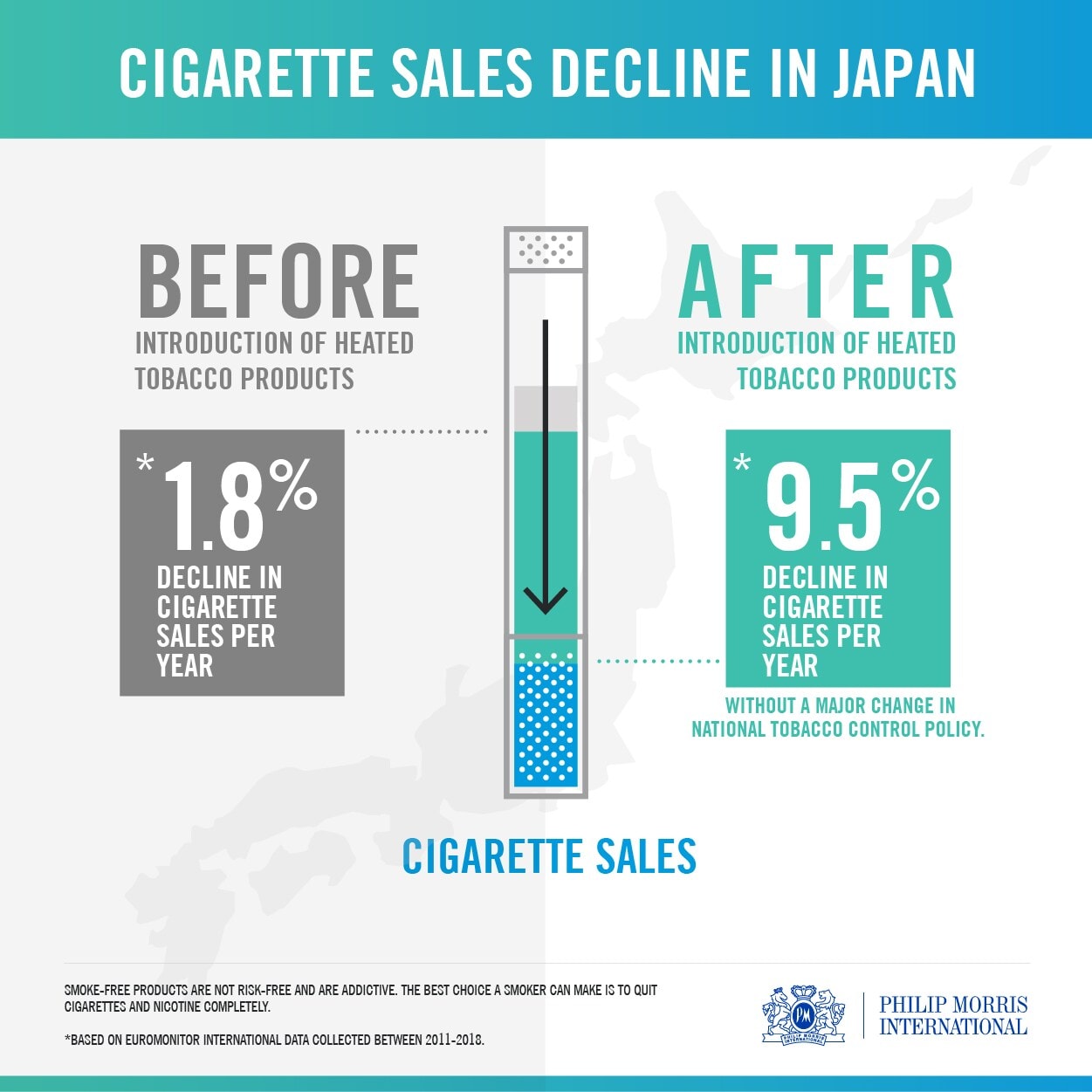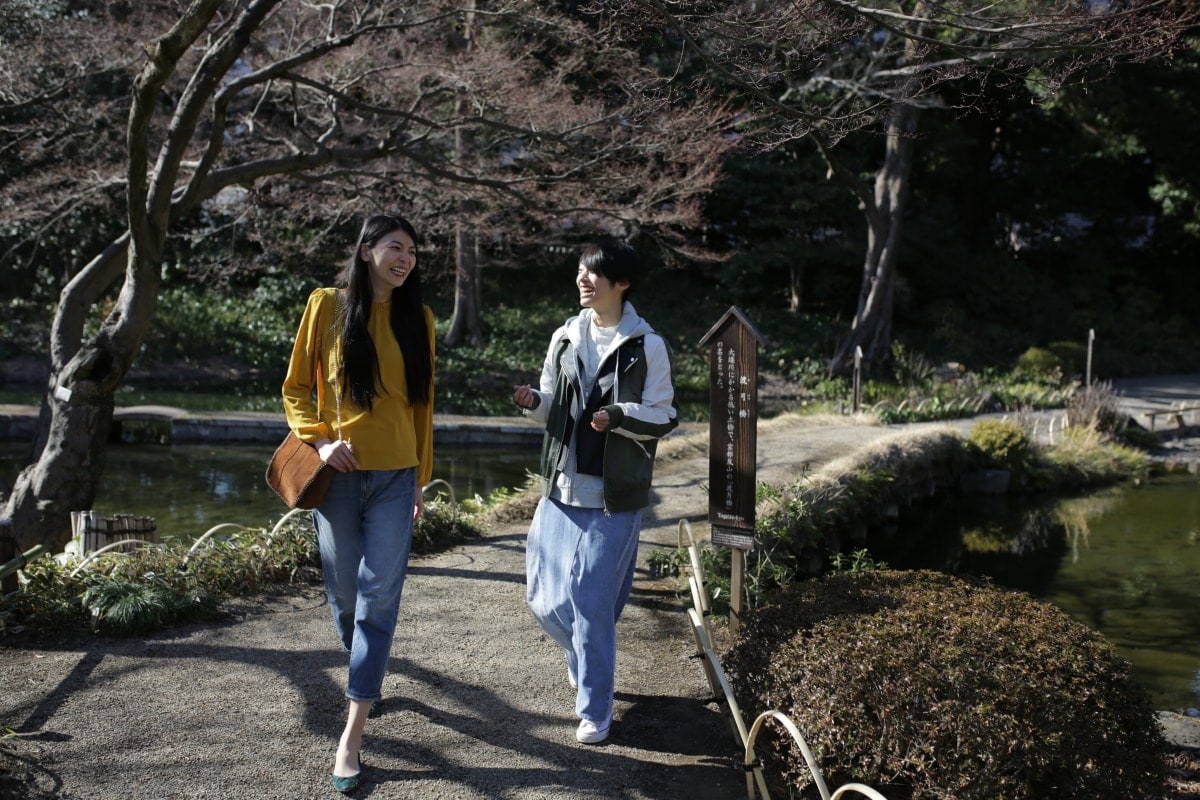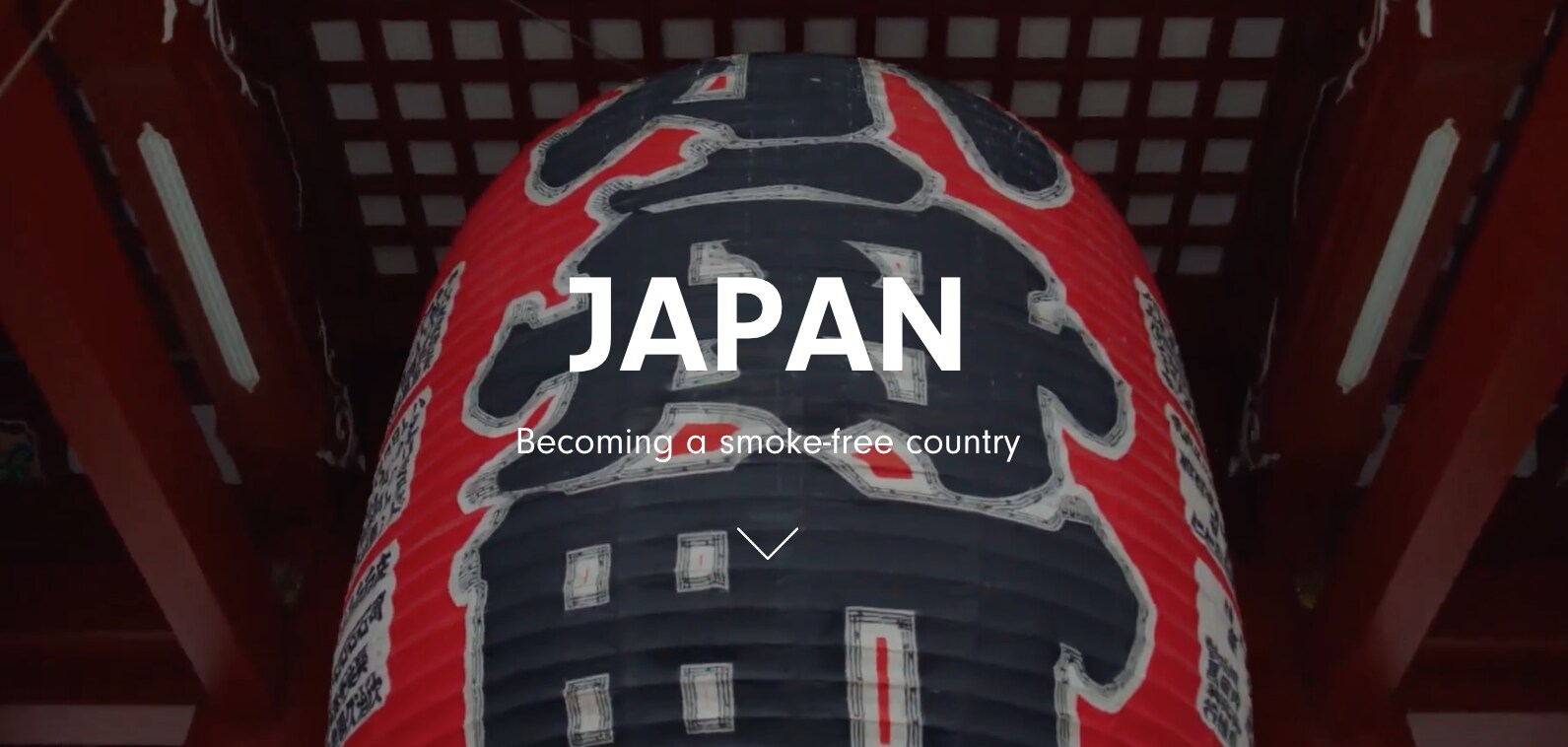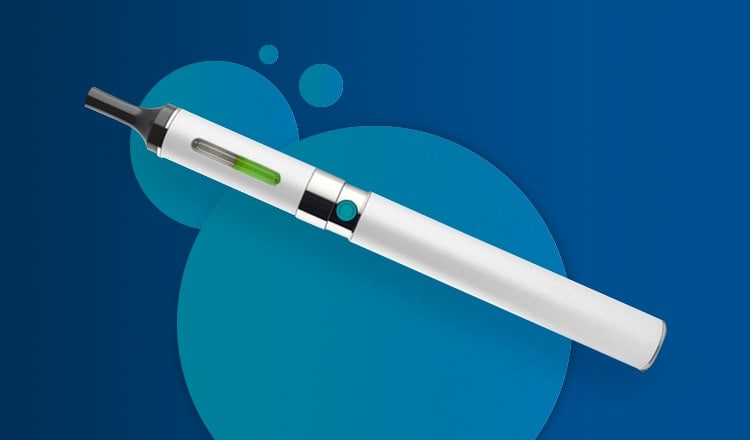A new study conducted by researchers working for the American Cancer Society analyzed the changes in cigarette sales in Japan over the same period as heated-tobacco products (HTP) were launched.
The results showed a significant decline in cigarette sales, beginning at the time of the introduction of PMI’s IQOS HTP. During the same period, combined sales of all tobacco products continued to decline.

The study, which was published in the British Medical Journal’s Tobacco Control, covered 11 of Japan’s 12 regions, representing 99 percent of the country’s population, and 72 percent of all cigarette sales. The data was collected from retail outlets within these 11 regions from 2014–2018.
The HTP had a staggered introduction across Japan over time, producing a detailed set of statistics to analyze. Cigarette sales were found to decline in each of the Japanese regions following the HTP’s introduction, which was from 2015-2016.
Read more
To establish if anything else could explain this decline in sales other than the introduction of the HTP, the authors applied multiple alternative causation models to the sales figures. A few of the models were:
Pricing: This was not found to have a strong correlation, because the smoke-free alternative was priced to match the average price of all the other cigarettes on sale.
Legislation: This did not correlate strongly either, as the Japanese government only introduced the first national-level tobacco legislation in 2018, just as the study was ending, and two years after the final stage of the introduction of the HTP.
Other smoke-free alternatives: These were launched after the HTP, and their use expanded far less rapidly, and so they cannot explain the decline in cigarette sales.

After running the models, the authors said it was difficult to explain the decline in cigarette sales without factoring in the IQOS HTP. Their conclusion therefore was that “the introduction of IQOS likely reduced cigarette sales in Japan”.
They also said that the study only included sales data and therefore could not assess risk or harm reduction.
But, citing other third-party research, they added, “Studies that examine exposures of known toxins in the product’s aerosol have generally found substantially lower levels than conventional cigarette smoke.”
PMI is focusing its business on smoke-free alternatives to replace cigarettes as soon as possible, for the millions of existing adult smokers who would otherwise continue smoking.







